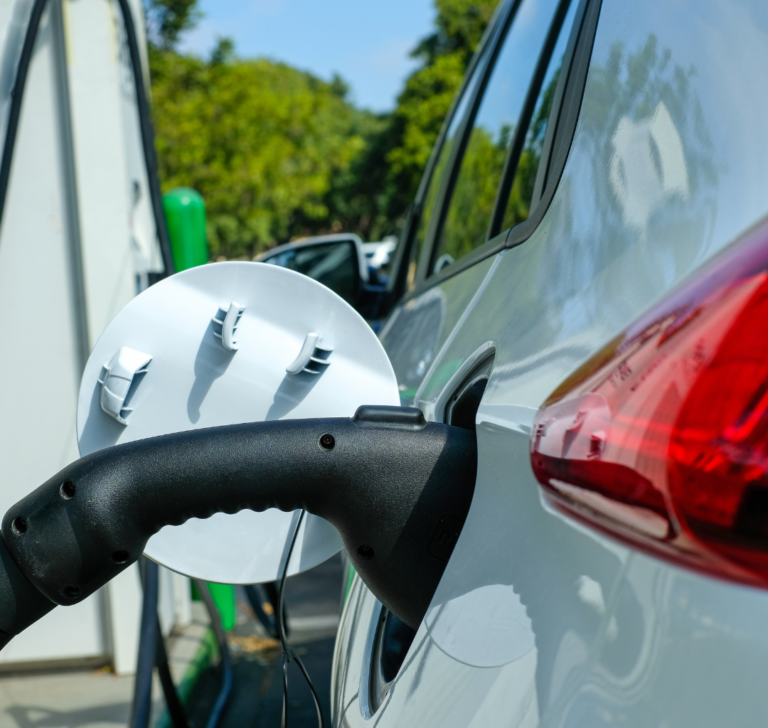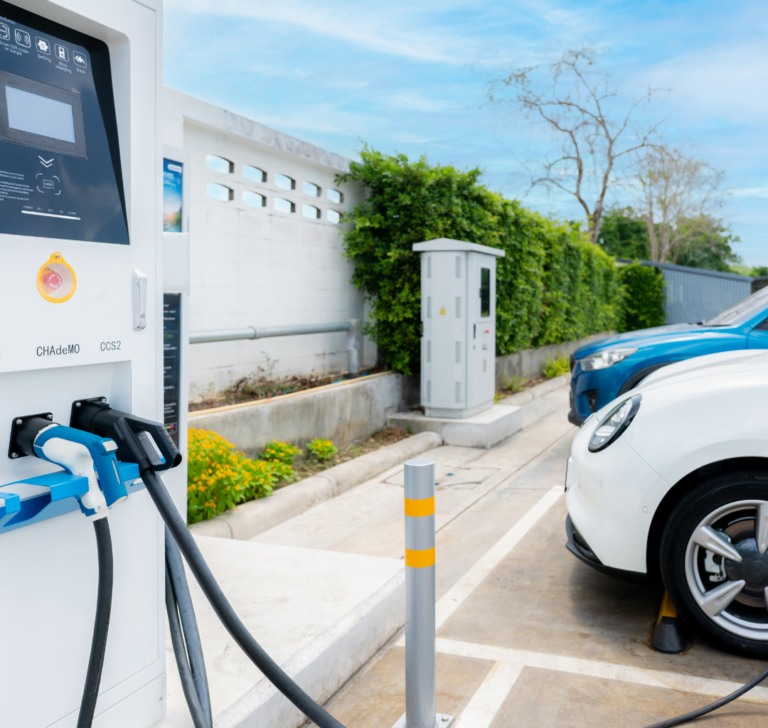States that have implemented regulations to achieve 100% zero-emission vehicles
The path towards vehicle electrification still has a long way to go; however, some states in the U.S. are taking decisive steps to drive the transition towards phasing out fossil fuel vehicles. A prominent example is California, which has implemented the Advanced Clean Cars II regulation, aiming for all vehicles in the state to be zero-emission by 2035.
California is not alone in this effort, as other states are also adopting similar measures pointing towards a reality where zero-emission vehicles dominate the automotive industry. How will this be achieved? Reaching 100% zero-emission vehicles is a considerable challenge, but this is how states are tackling it.
California
As mentioned earlier, the Advanced Clean Cars II regulation mandates that by 2035, all vehicles sold in California will be zero-emission. The regulation builds upon the already growing state market for zero-emission vehicles and strict vehicle emission control standards, expanding them to meet stricter standards for exhaust emissions.
The regulation has two goals: increasing the number of zero-emission vehicles, such as electric vehicles, and establishing stricter standards for gasoline vehicles and heavy-duty trucks to reduce emissions contributing to smog.
New Mexico
New Mexico is moving towards emission reduction with the Clean Fuel Standards for Transportation, enacted through HB41. Additionally, starting in 2026, 43% of all new passenger cars and light-duty trucks shipped to New Mexico car dealerships by domestic car manufacturers must be zero-emission vehicles. The same applies to 15% of all new heavy-duty commercial trucks shipped to New Mexico car dealerships.

Maryland
In September 2023, the Maryland Department of the Environment (MDE) officially adopted the Advanced Clean Cars II regulation, making Maryland the first state in the region to do so. Backed by its 2030 Greenhouse Gas Reduction Act, which sets a 50% reduction target by 2030, in line with the Maryland Commission on Climate Change recommendations.
In Maryland, Advanced Clean Cars II builds upon the current Clean Cars Program to require manufacturers to continuously increase the proportion of electric vehicles they sell, reaching 100% of passenger cars and light-duty trucks sales by the 2035 model year.
Washington
Washington leads in environmental regulations with the Climate Commitment Act (CCA), which sets limits and reductions on greenhouse gas emissions for major emitting sources and industries. This law allows companies to find efficient ways to reduce carbon emissions, crucial for meeting the commitment to reduce emissions by 95% by 2050. Additionally, Washington is adopting stricter vehicle emission standards, aligning with California regulations from the 2025 model year onwards.
Despite criticisms and challenges facing these regulations, other states are beginning to join and pass them for subsequent implementation. Some of the states listed in this effort are:
- Delaware
- New Jersey
- New York
- Oregon
- Virginia
- Vermont
- Nevada
- Minnesota
- Colorado

These regulations promise significant reduction of air pollutants affecting public health and contributing to climate change. Not only do they aim to foster the growth of the zero-emission vehicle market, but the regulations also seek to improve internal combustion engines, offering additional benefits for public health. However, both organizations and dealerships continue to question their implementation.

The story of the first car race in Paris: a historic hit in 1894
Paris stands not only as a cultural and artistic epicenter but also as a pioneer in car racing In the history of automotive racing, Paris

Top states for driving in the United States in 2024
A WalletHub study compared all 50 states to determine the best driving conditions Road safety and quality are central concerns for drivers. And while the

Briefs: marijuana reclassification, vehicle fees, and climate grants
The trucking industry goes through new legislation, taxes and subsidies Questions about the proposed reclassification of marijuana The Owner-Operator Independent Drivers Association (OOIDA) supports the

Impact of traffic pollution: study reveals increase in blood pressure
A study from the University of Washington in Seattle reveals that the main cause of significant increases in blood pressure might be traffic-related gasses A

The benefits and careers of a Commercial Driver’s License
Having a CDL opens multiple doors within the trucking and transportation industry Having a Commercial Driver’s License (CDL) opens multiple doors within the trucking industry,

Sharing the road with a truck: steps to ensure your safety
Caution around blind spots and anticipating truck maneuvers are essential to ensuring everyone’s safety Truck drivers face significant challenges on the road due to their
